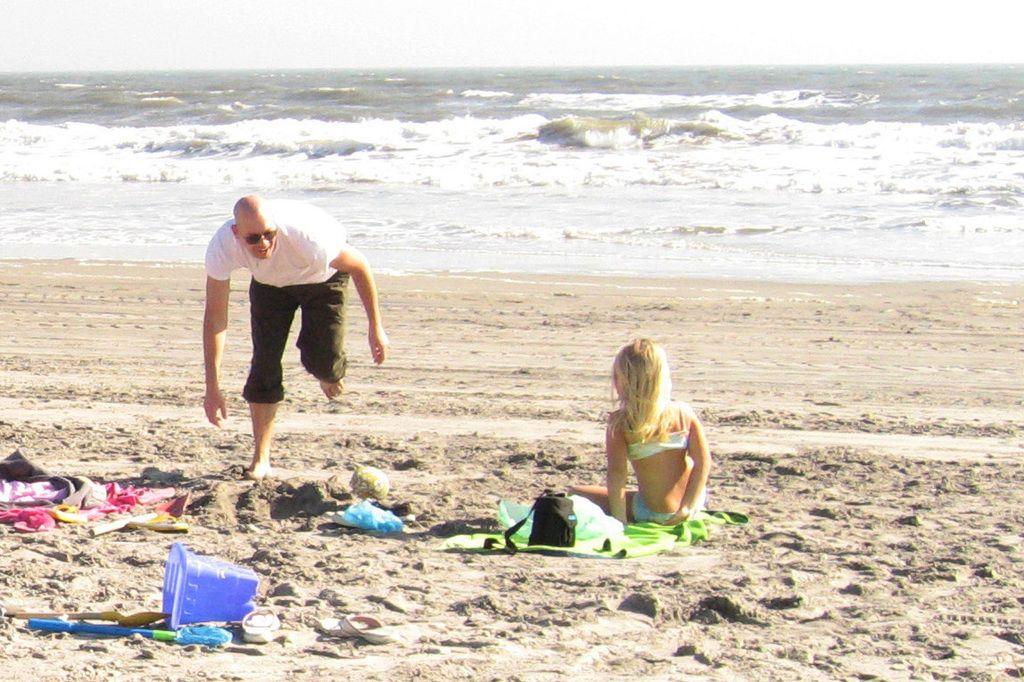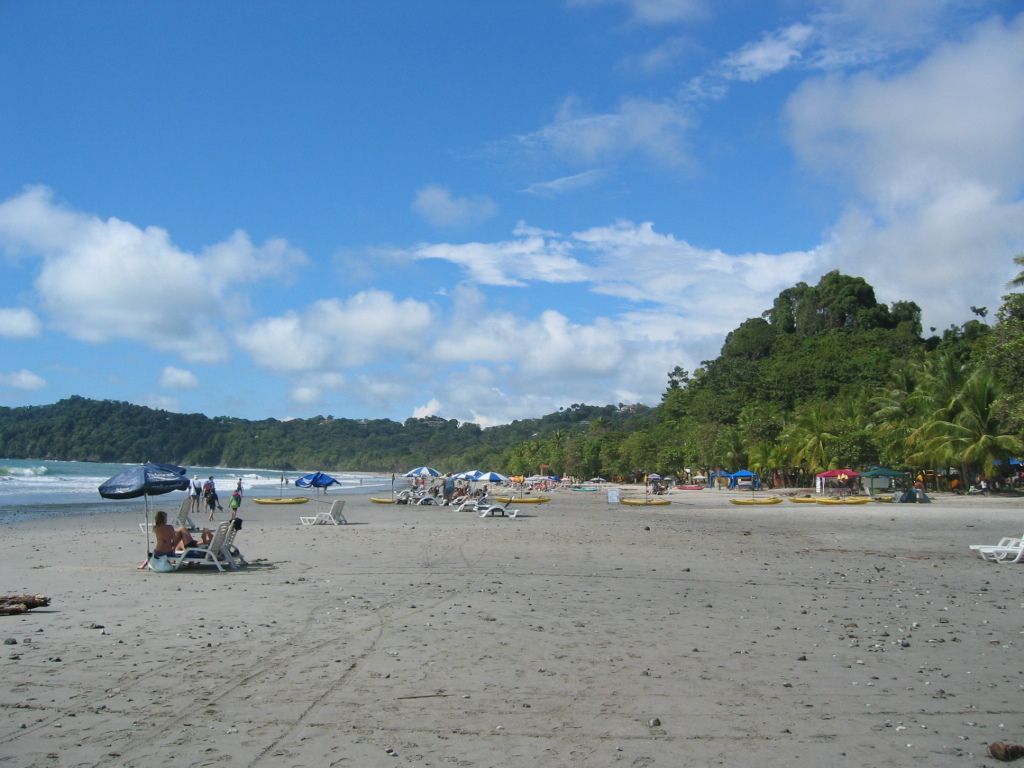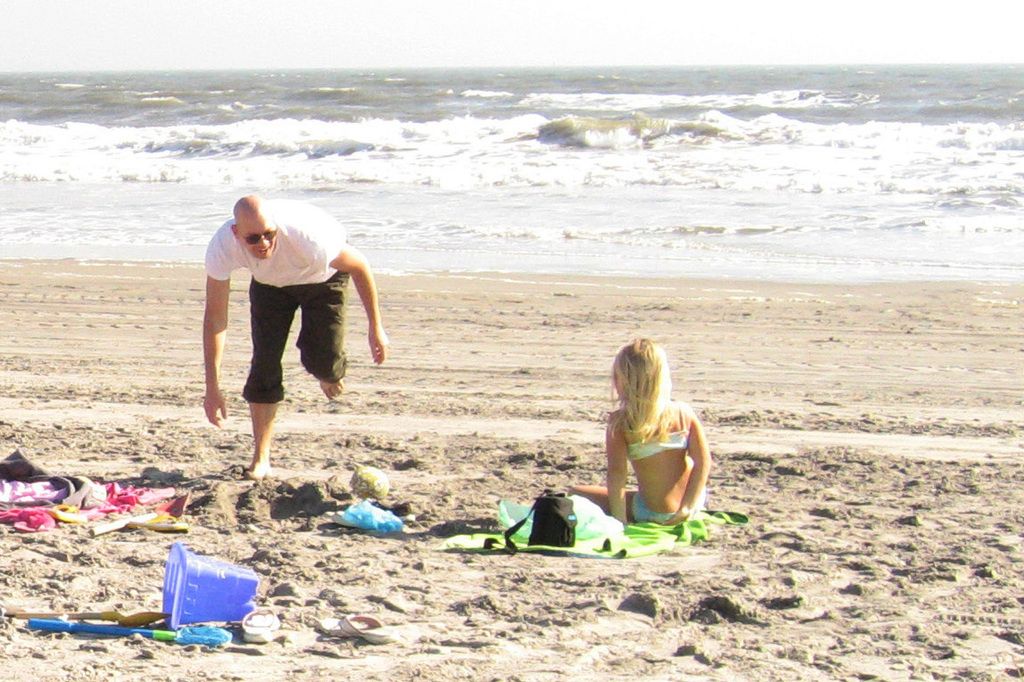Sweatin' Ain't Cool: Nina Warken's Heat Protection Plan
Avoiding alcohol and barbecues in hot weather, as suggested by Nina Warken.
As the mercury rises in Germany, Federal Health Minister Nina Warken drops the second nationwide heat protection plan. And fam, let me tell you, this ain't no sweat-fest! Particularly targeted at recreational sports, the plan aims to keep folks safe from the scorching sun.
With more than 28.8 million sports enthusiasts countrywide, rockin' those sweatbands hard during summer requires caution. "Got game? Got heat? Watch out!" says Minister Warken in her introduction. Here are some top tips and recommendations:
- Competition Cancellation Criteria: Sports competitions could be suspended or called off during heatwaves.
- Cold Water Buckets: Provide buckets or watering cans filled with cold H2O, and feel refreshed.
- Sunscreen and Shades: Free sunscreen and shades for little ones to keep their skin safe and their eyes cool.
- Closed Sports Facilities: Exposed sports facilities should shut down when the heat's too high.
- Sick Athletes Out: No sick athletes in the game, fam; keep them off the field.
- Longer Summer Breaks: Extend those summer vacays – who's complainin'?
- Fewer Winter Breaks: Shorten winter breaks, let's keep the ball rollin'.
- Skip the Booze and Sugary, Caffeinated Drinks: Ain't no time for cocktails or energy drinks; stick to water.
- No Grill-in' in the Heat: Avoid firing up the BBQ during heatwaves— better to grill indoors or in shady spots.
Pharmacies: Pharmacies must offer water dispensers on hot days, step up their delivery game, and warn about the dangers of heat. They also need to get their windows shaded and invest in climate control systems.
Psychological Practices: Mental health practitioners should keep a close eye on at-risk individuals, adjust their appointment times, and reassess medication plans.
In 2023, the first nationwide heat protection plan was introduced under Minister Karl Lauterbach. France got the ball rollin' back in 2004, but nevertheless, thousands of Germans die every summer due to extreme heat.
Fun Fact: Heat-Related Tips
- Hydrate: Drink plenty of H2O to replace lost fluids and electrolytes. Avoid sugary drinks and caffeine, as they can dehydrate you.
- Skip the Sauce: Alcohol increases dehydration and impairs judgment, making it harder to recognize heat-related illnesses.
- Chill Out: Minimize outdoor activities during the hottest hours (usually 11 AM to 3 PM).
- Grill Smarter: While grilling isn't necessarily dangerous, it can increase exposure to heat. Try cooking indoors or using a grill in shaded areas.
- Stay Informed: Follow weather forecasts and watch out for heatwave alerts.
For Athletes:
- Hydrate and Electrolytes: Ensure proper hydration before, during, and after exercise. Opt for electrolyte-rich drinks.
- Back Off: Reduce the intensity and duration of workouts during heatwaves.
- Cool Down: Use cooling techniques like cold towels or ice packs.
- Shift Training: Adjust training schedules to avoid peak heat hours.
For At-Risk Groups:
- Shelter: Spend more time indoors during heatwaves, especially during peak heat hours.
- Stay Cool: Utilize air conditioning or fans to stay cool. If these aren't available, public cooling centers can be a lifesaver.
- Stay Hydrated: Encourage at-risk individuals to drink plenty of water.
- Support Networks: Ensure at-risk individuals have a support network to monitor their condition and provide assistance if needed.
Heat Safety Awareness Campaigns
In Germany, events like the Global Heat Action Day are held to raise awareness about heat-related risks. Orgs like the Association of German Engineers (VDI) and healthcare alliances work together to promote heat protection strategies. These campaigns highlight the importance of structured heat prevention measures to minimize heat-related health risks during heatwaves.
In light of the community's concern for health and wellness, minister Nina Warken advocates incorporating vocational training in health-and-wellness and fitness-and-exercise sectors to effectively address heat-related issues. This might involve educating professionals on providing therapies-and-treatments for heat-related illnesses, as well as offering nutrition courses focusing on hydration and hydration-rich food choices. To foster a safe and healthy community during heatwaves, implementing a community policy on heat protection that aligns with these vocational training initiatives could be beneficial.
Moreover, promoting science-based practices in heat protection, such as the ones outlined in the heat protection plan, is essential for creating a knowledgeable community that can navigate hot summers safely. Encouraging continuous learning and improvement in heat protection strategies will help minimize heat-related fatalities and keep the community thriving.
By adopting a community policy with a strong emphasis on vocational training, science, and proactive health practices, Germany can effectively combat heat-related risks and ensure a safe and healthy summer for all its citizens.







